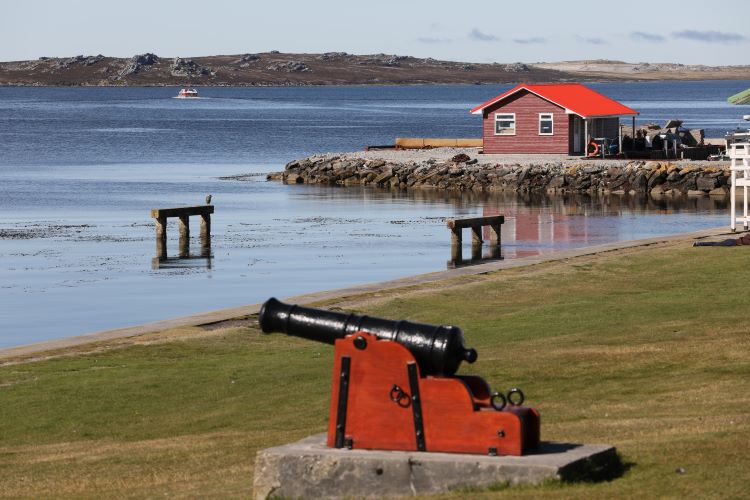The Falklands War at 40 Years

Melih Ibrahim Polat considers the domestic situations of Argentina and the UK in relation to the break out of the Falklands War in 1982.
The Falklands Islands is an archipelago that is located in the South Atlantic Ocean. The first known landing was by English captain John Strong in 1690, who was unimpressed, but named it after Viscount Falkland of the Admirality. In the future years, British, French and Spanish explorers settled the islands; nevertheless Spain claimed the islands as their natural territory under the Treaty of Ulrecht and the British and French settlers were forced to leave, but British colonists left their marks in the islands.
By the 19th century, Spanish influence on the Latin America territory was broken by invasion of Spain by Napoleon. The vacuum of authority paved the way for the gaining independence of Latin America countries. Argentina declared its independence in 1816, and four years later it’s claim on the Falklands Islands (Las Islas Malvinas). Argentina was defending its right to the islands because of their proximity, and itself as a successor of Spain.
However, the British crown had finally grasped the strategic importance of Island. In 1831 and 1833 Argentina was taken by U.S and U.K and Argentina’s officers were expelled and eventually sovereignty of islands was established by Britain in 1840. Over the period of century, Argentina objected these to these actions and defined Britain as an invader. The U.N invitation for both sides to come to a peaceful resolution in 1965 outlined in UN Resolution 2065XX was not successful. In 1968, a proposal for British recognition of Argentina as sovereign and a transfer of the administration of the islands was rejected in London and argument continued.
The reasons this conflict erupted into war in April 1982, with Argentina launching military action and the UK responding with force by sending a naval task force, was largely due to the internal problems of both countries. To be precise, Argentina had been ruled by military junta since 1976, and it was engaged in a “dirty war period” in which many socialist and left-wing Peronist people were killed and all media organizations controlled by the state military dictatorship.
By 1980, Argentina was approaching economic crisis and increasing public discontent. On the other side, in the U.K Margaret Thatcher was facing sharp criticism from both her cabinet and the public in response to her domestic policies, with the country facing deep government spending cuts, a declining manufacturing industry and high unemployment. The Argentine military junta targeted a foreign enemy to oppress domestic problems and consolidate public support through military action, a common strategy of fascist regimes, such as that of Idi Amin in Uganda. Similarly, it has been argued that the UK used the Falklands conflict as an opportunity to revive nostalgia for British military power in the face of declining international influence.
So we can say that while clearly the problem was sovereignty on the island, both sides of the war were looking for a way out from their domestic problems.
The war was a shock for the whole world – the invasion was against the advice of key members of the UK parliament as well as U.S. President Ronald Reagan, who repeatedly advocated for peace talks. In the end, the Falklands War just lasted 74 days, with the surrender of Argentine soldiers in June, in which 649 Argentine military personnel, 255 British troops and three Falkland Islanders were killed.
So, we can say that while clearly the problem was sovereignty on the island, both sides of the war were looking for a way out from their domestic problems. Certainly, the conflict cemented Thatcher’s reputation as an effective leader and bolstered her popularity significantly, allowing her to continue to implement economic neo-liberal policies. On the other side, military junta in Argentina was overthrown.
The Falklands Islands case continues to be controversial, as the war is not seen by all as a legitimate resolution. In the 2013 referendum, Falklands Islanders were asked about U.K ruling on the island and a surprisingly large proportion of the 1500 Falkland Islanders voted to remain under U.K administration.


